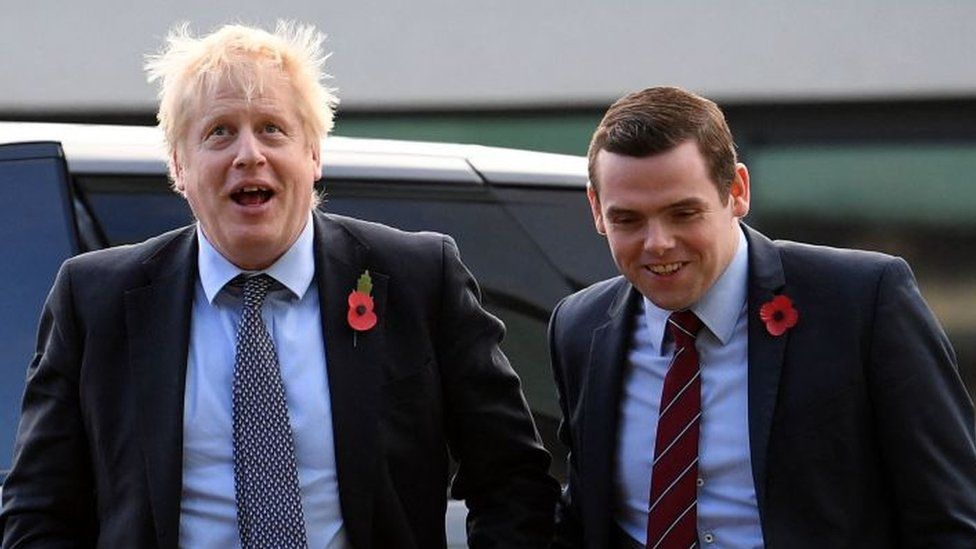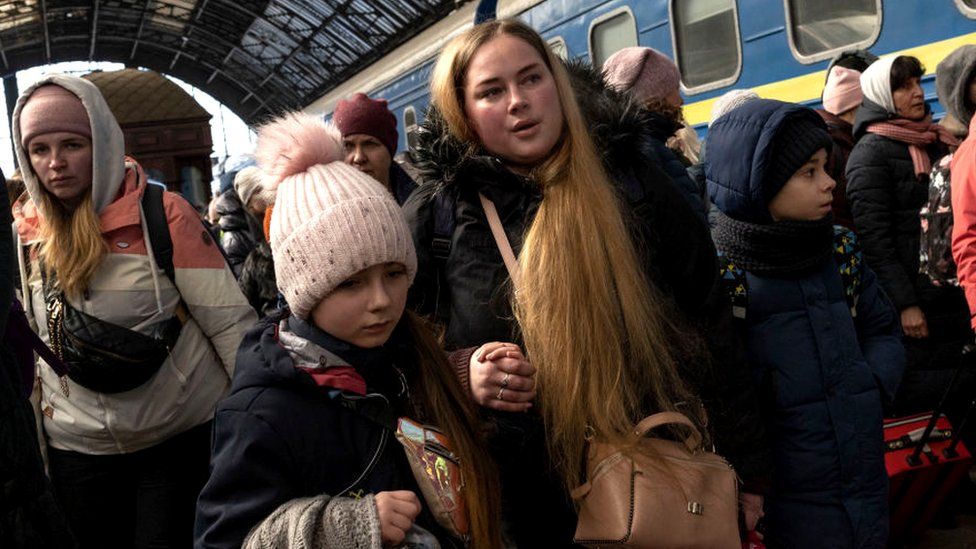Co-leader Patrick Harvie told the Green conference in Stirling that funding would be targeted at insulating homes and people struggling with their bills.
The party has now been in partnership government with the SNP for six months.
Mr Harvie said the war in Ukraine and sanctions on Russia underlined the need to reduce reliance on oil and gas.
Co-leader Lorna Slater said there was “far more to come” from the Greens in government, with policies aimed at boosting wind farm capacity and recycling.
Both leaders also focused their speeches on the war in Ukraine, with Mr Harvie saying it was vital that words of solidarity translated into real action.
And Ms Slater called for barriers to refugees entering the UK to be dropped, saying: “Let them in. No excuses, no obstacles, no delays. Let them in now.”
The UK government is due to set out details of a scheme which will allow people to welcome Ukrainians fleeing the conflict into their homes next week.
The two leaders are both ministers in Nicola Sturgeon’s government, courtesy of the co-operation agreement the Greens and SNP signed six months ago.
They set out policies they aim to bring to fruition in the coming months and years, with Mr Harvie saying his party’s policies could help “make us safer from environmental collapse, from geopolitical threats, and from the volatility of energy costs”.
He said Scotland must be insulated against the cold, but also against “the blight of fuel poverty and against reliance on turbulent fossil fuel markets which bloat brutal regimes and destroy our planet”.
Mr Harvie highlighted funding for fuel poverty schemes and efforts to improve energy efficiency, but also called for longer-term changes.
He said: “Our energy system needs to be transformed. The real answer to fuel poverty and energy insecurity lies in more fundamental reform – how energy is provided and how our homes, workplaces and community buildings are heated and powered.”
Meanwhile, Ms Slater has announced that the government will bring forward a Circular Economy Bill which would ban shops from destroying unsold goods.
She said: “That isn’t something that we could have done from the backbenches. It is the difference between opposition and government.
“It is the difference between calling for something to be done and being able to directly deliver it.”




